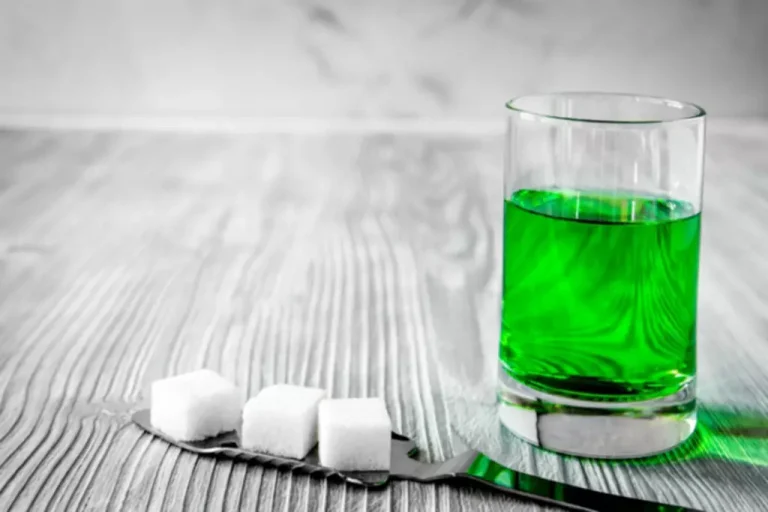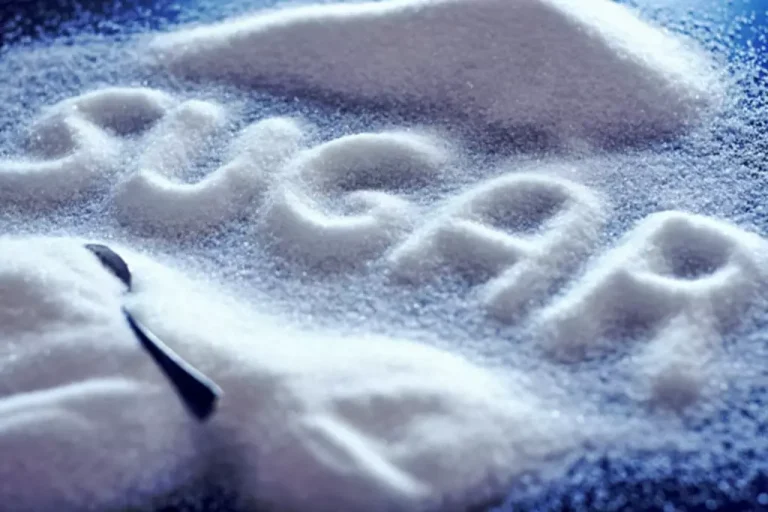How Sugar and Alcohol Addiction Are Linked

Sugar and alcohol have a surprising amount of things in common. In nature, we got them from one product — fruits (ripe and fermented). But the similarities don’t end there. It turns out that sugar and alcohol cause the same problems in the liver that provoke insulin resistance. And besides, sugar and alcohol are addictive substances. But why do alcoholics crave sugar and how are two of these things linked? Addiction to joy juice and sweets is associated with the same part of the brain. Sugar and alcohol equally lead to depression, burnout, and reduced willpower.
Features of alcohol and fructose
There is a reason why do alcoholics crave sugar. Alcoholic drinks and fructose are products that we have adapted to use millions of years ago to survive adverse conditions. Alcohol and fructose have a common source — fruits. Therefore, numerous people have cravings for sweets during their recovery. Alcohol occurs in fermented fruits. Fruits (and happy juice) are seasonal and do not enter the body all the time. The body tends to accumulate excess fructose and alcohol during fruiting, turning them into fats. Therefore, both alcoholic drinks and fructose increase appetite, suppress satiety, and promote overeating.
Joy juice and fructose can be highly addictive. The exact hormonal mechanisms regulate cravings and fructose and alcohol addiction. The liver is one of the primary entry points for alcohol (alcoholic fatty liver disease) and fructose (non-alcoholic fatty liver disease).
If you are wondering why do alcoholics crave sugar, it is vital to remember that sweets and happy juice affect insulin metabolism and glucose levels. Many people who like sweets suffer from fluctuations in blood glucose levels (sugar swing) and are more likely to experience mild hypoglycemia than healthy people. Interestingly, alcoholic drinks work by a similar mechanism. Other diseases caused by both sweets and booze include diabetes, hypertension, reduced insulin sensitivity, and fatty liver disease.

Take back control of your life and start on the road to recovery now.
Alcohol and sugar
Factors such as age, weight, and gender, as well as the diet and type of booze a person with diabetes consumes, directly affect blood glucose levels. Given the individual characteristics of each person and the body’s reaction to alcohol, it is worth playing it safe and regularly measuring blood sugar levels before drinking alcohol, as well as fixing indicators after a feast. Alcoholic drinks contain sugar and carbohydrates, respectively. With the use of alcoholic beverages, blood sugar levels increase.

How alcohol affects blood sugar levels
The influence of alcohol on the body depends on many factors, including the number of drinks, the type of alcohol, the meal before drinking, weight, age, and gender. Moreover, the effects of alcohol vary by the body, which is why it is essential to monitor blood sugar levels before drinking alcohol and during and after joy juice consumption.
So why do alcoholics crave sugar? Since most alcoholic drinks and soft drinks used for dilution contain sugars, blood sugar tends to rise when they are consumed. In the absence of proper monitoring and replacing regular drinks with diet drinks or sugar-free drinks, there is a real threat of hyperglycemia. To prevent it, it is recommended to combine alcohol consumption with food intake, as well as to measure blood sugar levels before drinking happy juice and, if necessary, to administer bolus insulin.
Drinking booze over a long period makes it much more difficult to control your blood sugar levels. If you use the Multiple Daily Injections (MEI) method for treatment, you will need to plan and get an additional injection to prevent a subsequent spike in blood sugar levels.
People with diabetes are advised to consume diet drinks and reduce their sugars intake to the maximum to avoid the risk of hyperglycemia. Ideally, it would be best to minimize or eliminate alcohol from your life. If chronic alcoholism or binge drinking was a companion in the life of a person with diabetes, then the level of control of blood sugar indicators is much more complicated.
Complications of diabetes in alcoholics
Alcohol in diabetes is contraindicated. If a person is unable to stop and continues to abuse alcohol in diabetes, then he may face complications such as:
- Chronic pancreatitis. This ailment is one of the most dangerous side effects of drinking booze in people with diabetes. As a result of alcohol abuse, inflammation of the pancreas appears. Chronic pancreatitis is complicated because, in some cases, it leads to the development of a secondary form of diabetes mellitus.
- Neuropathy in alcoholics is also common. The intoxicating effect of alcohol on the body leads to damage.
- Neuropathy in alcoholics is also common. The harmful impact of booze on the body shows wear to the nervous tissue. Diabetes mellitus destroys nerve tissue, respectively. When alcoholic drinks are used, nerve damage is more significant, and neuropathy in diabetic patients is aggravated when joy drink enters the body.
- Excess weight in alcoholics with diabetes is a pattern. The calories in alcohol can lead to severe complications, including being overweight. It is impossible to lose weight without eliminating alcohol from your life. Weight gain is due to alcohol abuse.

This can be a difficult journey, but you don’t have to go it alone. Let us be your guide and provide you the environment needed to regain control of your life and begin the path to recovery.
Conclusion
Summing up, it is important to state that there are numerous reasons why do alcoholics crave sugar and how alcoholics who are quitting drinking and sugar are intertwined. While moderate amounts of happy juice may cause a slight increase/lower in blood sugar levels, excess alcohol can lower these levels to dangerous levels, especially for people with type 2 diabetes. Booze can provide calories or energy without directly raising blood sugar levels, but if you are an insulin-dependent person with diabetes, you need to be careful about drinking it.
A low blood sugar condition, hypoglycemia, is well manageable — some carbs and your blood sugar will go up. But the problem with alcohol and hypoglycemia is that if you drink a lot of alcohol, you will develop symptoms typical of both alcohol intoxication and hypoglycemia — lightheadedness, confusion, and slurred speech.
To quit your habits and break the vicious cycle of alcohol consumption, it is worth taking the first steps towards recovery. The first step can be a visit to ecosoberhouse.com — here, experts will help you become sober and start a new path of enlightenment.




